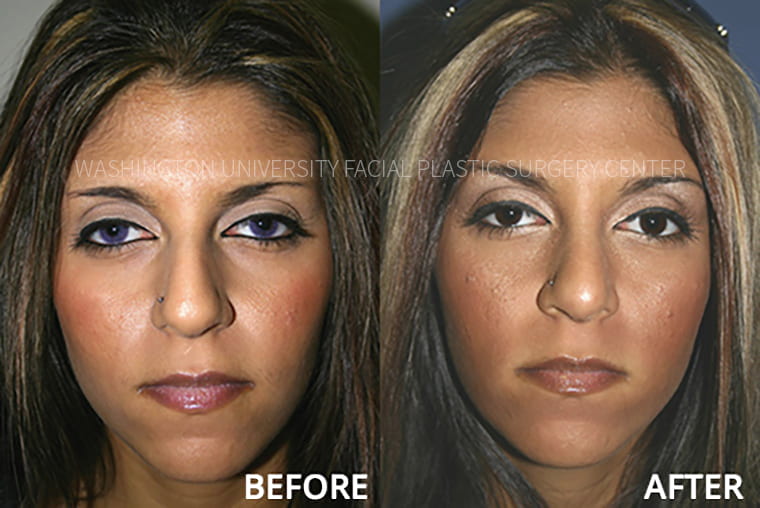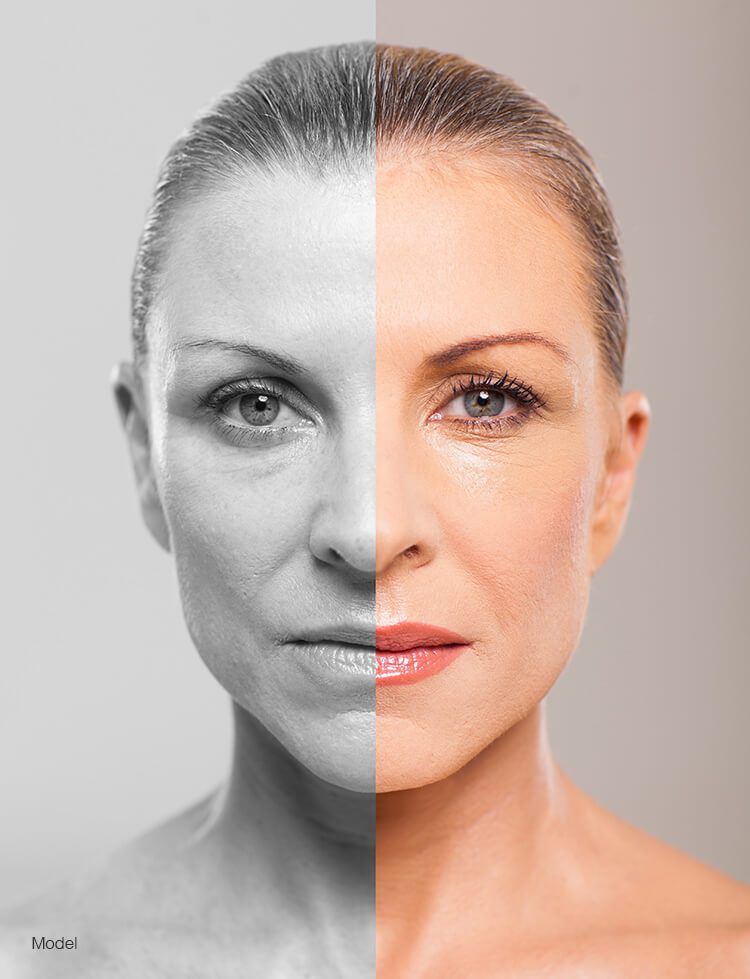Mommy Makeover Rancho Cucamonga: Reclaim Your Pre-Baby Body with Customized Treatments
Mommy Makeover Rancho Cucamonga: Reclaim Your Pre-Baby Body with Customized Treatments
Blog Article
Exploring the Mental and Social Elements That Drive Individuals to Think About Aesthetic Surgery as a Method of Renovation
The choice to seek cosmetic surgical treatment commonly expands past simple looks, linking with mental and social dynamics that warrant detailed examination. Aspects such as self-confidence, pervasive societal appeal standards, and the prevalent influence of social media sites assemble to form specific inspirations for surgical enhancement. As these impacts become significantly prominent, recognizing the underlying social and psychological contexts is necessary. What stays to be explored is the profound influence these variables have not just on individuality however additionally on more comprehensive social norms and values surrounding beauty and approval.
The Duty of Self-worth
Self-confidence significantly affects a person's decision to pursue plastic surgery. People with reduced self-esteem frequently regard themselves in a negative light, resulting in sensations of inadequacy concerning their physical look. This adverse self-perception can drive them to look for medical treatments as a technique of boosting their self-image. The desire for renovation in one's appearance is often connected to an idea that such adjustments will elevate their overall self-worth and self-confidence.

Eventually, the function of self-confidence in the decision-making process pertaining to cosmetic surgical procedure highlights the complicated interaction in between body image, individual complete satisfaction, and psychological wellness. Recognizing this relationship is important for medical care specialists to ensure that patients are making notified choices rooted in reasonable assumptions and emotional well-being.
Societal Appeal Requirements
Influenced by prevalent media portrayals and cultural narratives, social elegance criteria play a critical function fit people' understandings of their own bodies. These standards are commonly characterized by an idealized form of beauty that stresses qualities such as slimness, balance, and youthfulness. As these perfects are perpetuated through numerous networks, including advertising, tv, and movie, people frequently internalize these messages, causing frustration with their all-natural look.
The ramifications of these societal standards expand beyond aesthetic choices; they can influence self-worth, psychological health, and interpersonal partnerships. Individuals that perceive themselves as falling short of these criteria may experience sensations of insufficiency, motivating a desire for plastic surgery as a way of attaining social authorization. This quest is typically sustained by the idea that adhering to these perfects will boost not just physical appearance however likewise social standing and individual gratification.

Influence of Social Media
The impact of societal beauty criteria is further magnified by the increase of social media systems, where curated photos and idyllic representations of beauty are common. Individuals are continuously subjected to filteringed system and modified photos, which often portray unattainable physical attributes. This direct exposure grows a society of contrast, leading people to evaluate their very own look versus these frequently impractical criteria.
Social media site influencers and stars frequently advertise cosmetic procedures, normalizing the idea that surgical improvements are a practical means for attaining societal ideals (plastic surgery rancho cucamonga). The exposure of these improvements can create an assumption that undergoing cosmetic surgery is a common practice, thus influencing people to take into consideration similar interventions as a path to boosted self-worth and social acceptance
Furthermore, the interactive nature of social networks permits instant feedback via sort and comments, better reinforcing the desire to adjust to prominent charm criteria. Such communications can aggravate feelings of insufficiency and drive individuals toward plastic surgery as a way of obtaining validation. Inevitably, social networks plays a pivotal role fit understandings of appeal, which considerably influences the decision-making processes bordering cosmetic surgical procedure.

Social Viewpoints on Appearance
Across numerous societies, understandings of appearance are deeply these details rooted in historical, social, and financial contexts, forming people' views on appeal and worth. In several societies, appearance functions as a considerable pen of identification, influencing social condition, specialist chances, and individual relationships. For example, in some societies, light skin is often linked with wealth and advantage, while others might idealize darker complexion as signs of toughness and credibility.
Furthermore, standard charm criteria are typically continued via cultural stories, media representations, and household affects, causing differing perfects throughout various regions (plastic surgery rancho cucamonga). In Western cultures, the focus on young people and physical conditioning typically drives people towards aesthetic improvement, while in certain Eastern cultures, more subtle modifications lined up with conventional aesthetic appeals might be chosen
Globalization and the spreading of electronic media have further complicated these dynamics, developing a hybridization of charm perfects that goes beyond geographical limits. As individuals increasingly navigate these social narratives, the stress to adapt to specific appearance requirements can bring about the need for cosmetic surgical treatment, reflecting an intricate interplay of cultural worths and personal ambitions. Understanding these social viewpoints is necessary in attending to the motivations behind plastic surgery considerations.
Mental Impacts of Plastic Surgery
Numerous people seeking plastic surgery record experiencing extensive mental effects that can substantially change their self-perception and psychological wellness - plastic surgery rancho cucamonga. The desire for physical enhancement usually originates from underlying issues such as low self-worth, body dysmorphic problem, or societal pressures relating to elegance standards. For some, the instant post-operative stage can cause a short-term boost in self-confidence and complete satisfaction with their look, fostering a feeling of empowerment
Nevertheless, these favorable feelings might not be withstanding. Study indicates that while some patients experience boosted self-confidence, others may encounter heightened anxiety or anxiety if their assumptions are not satisfied. This inconsistency can emerge from impractical perfects bolstered by media depiction and cultural narratives bordering charm.
In addition, the mental ramifications of cosmetic surgical treatment extend past the individual. Relationships with family members and buddies may be stressed as social characteristics change, resulting in feelings of isolation or alienation. Ultimately, the mental influences of cosmetic surgical treatment are complex and diverse, needing cautious factor to consider by both prospective clients and doctor to make sure enlightened decision-making and sensible expectations.
Conclusion
Finally, the choice to go after plastic surgery is considerably affected i loved this by a mix of self-confidence issues, societal charm requirements, and cultural point of views on appearance. The pervasive reach of social networks better intensifies these pressures, promoting unrealistic perfects that people frequently aim to achieve. Recognizing these social and psychological variables is important for dealing with the inspirations behind plastic surgery, highlighting the need for a much more nuanced discussion bordering charm and self-acceptance in modern culture.
The decision to seek cosmetic surgical procedure frequently expands beyond mere aesthetic appeals, intertwining with emotional and social dynamics that merit thorough discover this info here evaluation. Ultimately, social media plays a critical role in forming assumptions of appeal, which considerably impacts the decision-making procedures surrounding cosmetic surgical procedure.
As people significantly navigate these social stories, the pressure to adjust to specific look requirements can lead to the need for cosmetic surgical procedure, showing a complicated interplay of cultural values and personal goals.In conclusion, the choice to go after cosmetic surgery is substantially affected by a mix of self-esteem problems, social charm requirements, and social point of views on look. Understanding these mental and social elements is essential for resolving the motivations behind cosmetic surgical treatment, highlighting the demand for an extra nuanced conversation bordering charm and self-acceptance in modern society.
Report this page